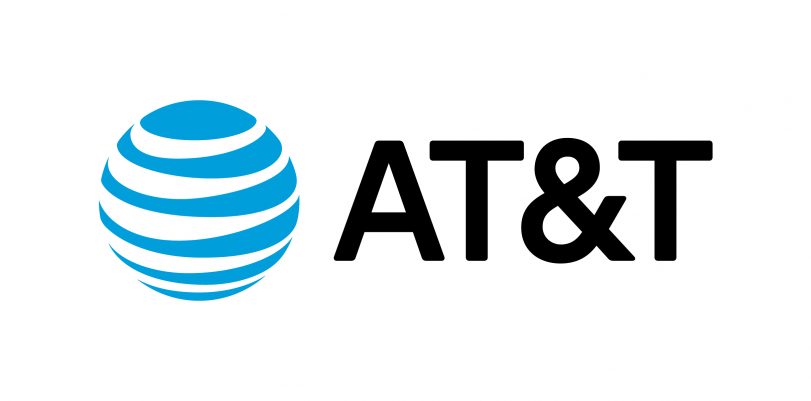As you probably already know, a recent vote by the US Senate has brought some changes in many people’s online lives. On March 22, the US Senate decided to roll back FCC’s privacy regulations that were supposed to take effect on Mach 2.
The FCC’s rules were first introduced in last October, and, after their approval, were supposed to take effect on March 2nd, 2017. This never happened, as President Trump’s FCC chairman Ajit Pai decided to put the rules on hold, only temporarily. However, this gave the opportunity to the US senate, and the vote took place quickly afterward, and with 50 Republicans voting for rolling back the rules, and only 48 Democrats voting to keep them, it’s now official – the FCC’s privacy policy will never be applied. Especially since the decision prevents the FCC from bringing such laws in the future as well.
Why is this bad?
This poses quite a problem for many people, while it’s great news for many marketing companies. To explain the consequences, first, let’s talk about the ISPs. The ISP stands for Internet Service Provider, and those are the companies that give you the Internet access.
Those are also the companies that see and log everything you do while online, where you go, even the content of your emails and online chat can be accessed to. Now, this information is exactly what online marketing companies need, and they would be more than happy to buy that data from the ISP. That’s basically what FCC’s privacy policy tried to stop, selling your online data to third parties without your consent or even without you knowing about it.
Since the rules won’t be applied, ISPs are and will remain do be completely free to do with your information whatever they want. This has outraged many people, but Ajit Pai has said that the rules unfairly favored such companies like Facebook, Google, and Twitter, while the companies like AT&T, Verizon, and Comcast were hit.
What Can Be Done About It?
As we said, many people were outraged about this newest development, and they felt that their privacy is not theirs anymore, that they’re exposed and without any defense. Some of those people decided to protest, while others decided to figure out a way deal with the situation. Fortunately, the way exists and has brought forth a technology known as VPN.
What Is VPN?
VPN stands for Virtual Private Network, and it’s a way for you to hide your online activities and even location, among other things. It’s a private network that you use to protect your privacy and basically leave nothing for ISPs to sell. There are many different VPN providers that you’ll find online, each of them has their own packages, with different features, different quality and of course, different prices.
How Can They Be Used?
What can you do with a VPN depends largely on which one you’ve chosen, but almost all of them have some features that aren’t optional, but instead can be expected, otherwise, the VPN wouldn’t be doing a very good job.
In order for you to get the best deal, we would recommend a few VPN providers, including TorGuard, IPVanish, ExpressVPN, GhostVPN, and PIA (Private Internet Access. There are, of course, many more of them out there, and it’s your choice which one you’ll choose.
So, what can your new VPN do for you?
Turns out, lots of things. For example, your location can no longer be determined, after you’ve started using the VPN. VPNs have a lot of servers strategically placed in the cities and countries around the world, and every time you use them, they connect you through one of those servers, thus assigning you a new IP that masks your real IP, and changes your location, region, and everything else that might indicate your real location.
This is a great thing when it comes to protecting yourself, but an unexpected bonus is that you also get to unlock all geo-blocked online content, like the US Netflix, or streaming services that might be blocked in your region.
VPN also encrypts all of your online traffic data, and this is done by creating a tunnel that goes from your device and connects it to the Internet. Your data flows through the tunnel, and thanks to that, it’s completely inaccessible to anyone who would like to spy on your activities. This allows you the perfect anonymity that the Internet has always promised you.
Many of the VPNs also have a strict no logging policy, meaning that not even they themselves will record anything that you do online, and so, you can be sure that no one is getting money by selling your data to someone else. They protect you from malware, hackers, ads and alike as well.
These are only a few of the features that are included in the VPNs, and all you have to do is find them, and decide which one you like best.
Some of the VPNs allow streaming services, some don’t, at least for now, and, depending on your needs, you can choose from many different ones. Some value speed, while others assign a few extra safety layers, but will slow you down a bit. The important thing is that they all have the same goal, and that is to provide you with online safety, privacy, and security that you always wanted.
Best VPNs for AT&T Users
 |
 |
|
|---|---|---|
| Multi-platform Compatible | ||
| 256-AES Encryption | ||
| PRICE | $5 for 1 month with code "best10VPN" | $6.95 a month |
| Website Rating | 9.9 | 8.8 |
| 24/7 Live Chat | ||
| Residential / Dedicated IP for permanent streaming access | ||
| Has Mobile App + PC / Mac Support | ||
| Stealth VPN / Advanced Obfuscation techniques | ||
| Visit VPN Provider | Visit TorGuard | Visit PIA |
